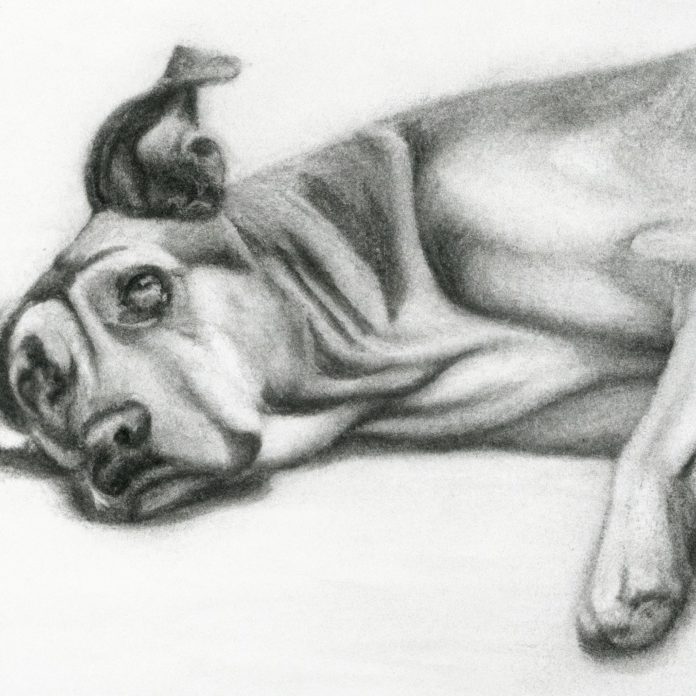Dear VetBabble,
I have a question regarding my dog’s health. She has been diagnosed with cholangiohepatitis and we’ve visited the vet five times as she seemed to be improving. However, she recently had diarrhea and her white blood cell (WBC) count increased from 17 to 35.8. I’m concerned that the infection is not under control and she might need antibiotics. What should we do now and what could be her current medication?
Understanding Cholangiohepatitis and Its Symptoms
Cholangiohepatitis is an inflammation of the liver and bile ducts, which can cause a variety of symptoms in your dog. These symptoms can include lethargy, loss of appetite, vomiting, and diarrhea. In some cases, the increase in WBC count could indicate that the infection is not being controlled effectively and additional steps need to be taken for proper treatment.
It’s important for pet owners to monitor their pet’s condition and communicate closely with their veterinarian to ensure that the treatment plan is working. If your dog has diarrhea, it’s essential to determine the underlying cause. Diarrhea can be a symptom of many different health issues, such as coccidia infection, liver disease, or other gastrointestinal problems.
For more information on possible causes of diarrhea, you can refer to these helpful articles on Why Does My Dog Have Diarrhea? and Diarrhea in Dogs: When to Worry.
Taking the Right Steps for Infection Control
If your dog’s WBC count is increasing, it’s crucial to consult with your veterinarian to determine if any adjustments to the treatment plan are needed. They might recommend additional diagnostics to pinpoint the exact cause of the increased WBC count and diarrhea.
Antibiotics might be necessary to control the infection, but it’s important to administer them only under veterinary supervision. Your vet may also suggest supportive care to ensure that your dog is receiving adequate nutrition and hydration during the treatment process. It’s essential to strictly follow the prescribed treatment plan and keep your vet informed about your dog’s progress.
Additional Resources for Dog Health,
Being proactive about your pet’s health can help ensure that they receive the best possible care. Educate yourself on specific issues that may affect your dog, like Coccidia in Dogs and Puppies: What It Is and How to Treat It or Liver Disease in Dogs, so you can be better prepared to handle similar situations in the future if needed.
Never hesitate to reach out to your veterinarian with any questions or concerns about your dog’s health. They are there to help and guide you through the process and provide the best care for your four-legged companion. Open communication and partnering with your vet will contribute to the successful treatment and recovery of your pet.









